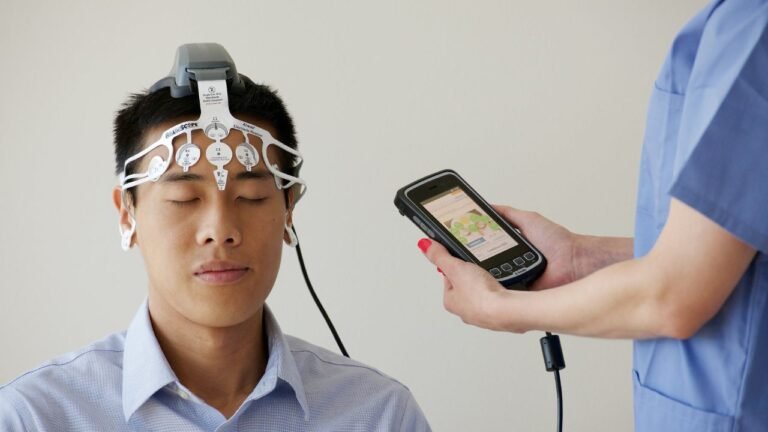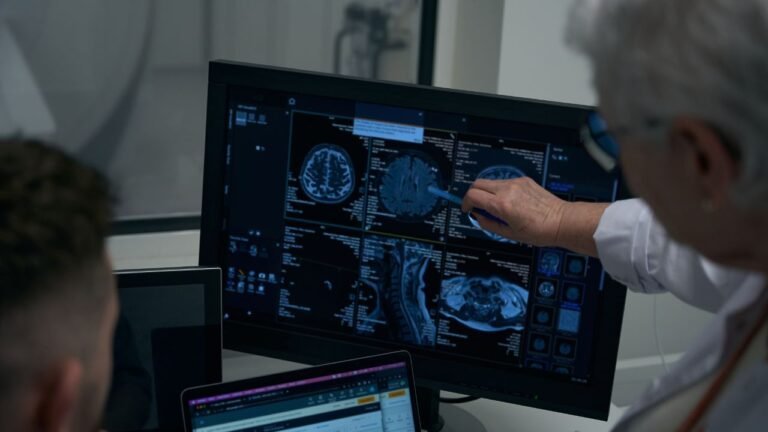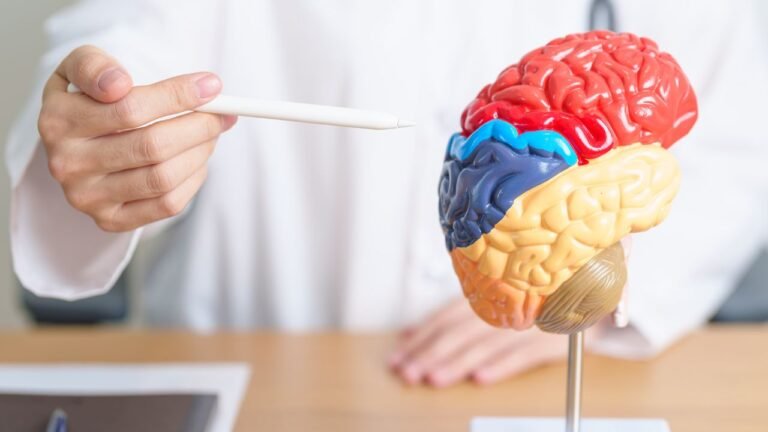Welcome to Anand Neuro Care, an initiative led by Dr. Anand Kumar Jha, a highly skilled and experienced brain and spine specialist. In this article, we will explore the topic of memory loss, its causes, symptoms, and available treatment options.
What is Memory Loss?
Memory loss, also known as amnesia, refers to the inability to recall or retain information that was previously stored in the brain. It can range from mild forgetfulness to severe impairment that affects daily functioning.
Causes of Memory Loss
Memory loss can be caused by various factors, including:
- Age-related changes: As we age, it is common to experience some degree of memory decline. However, significant memory loss may indicate an underlying condition.
- Alzheimer’s disease: This progressive brain disorder is one of the most common causes of memory loss, especially in older adults.
- Stroke: A stroke occurs when the blood supply to the brain is interrupted, leading to memory problems and other cognitive impairments.
- Head injury: Traumatic brain injuries can result in memory loss, depending on the severity and location of the injury.
- Medical conditions: Certain medical conditions such as epilepsy, Parkinson’s disease, and multiple sclerosis can affect memory function.
- Medications and substance abuse: Some medications, including certain antidepressants and sedatives, can cause memory problems. Substance abuse, particularly alcohol and drug abuse, can also contribute to memory loss.
- Stress and anxiety: Chronic stress and anxiety can impact memory and cognitive function.
Symptoms of Memory Loss
The symptoms of memory loss can vary depending on the underlying cause and severity. Some common signs include:
- Forgetting recent events or conversations
- Difficulty remembering familiar names or faces
- Repetitive questioning
- Getting lost in familiar places
- Difficulty learning new information
- Confusion or disorientation
- Changes in mood or personality
Treatment Options
The treatment of memory loss depends on its underlying cause. It is essential to consult a qualified healthcare professional, such as Dr. Anand Kumar Jha, who specializes in brain and spine conditions. Here are some common treatment options:
- Medications: In some cases, medications may be prescribed to manage memory loss associated with conditions like Alzheimer’s disease or other neurological disorders.
- Therapies: Cognitive rehabilitation therapy, memory training, and other cognitive-behavioral therapies can help improve memory function and compensate for memory loss.
- Lifestyle modifications: Adopting a healthy lifestyle, including regular exercise, a balanced diet, stress management techniques, and getting enough sleep, can support brain health and improve memory.
- Addressing underlying conditions: Treating underlying medical conditions, such as hypertension or diabetes, can help prevent further memory decline.
- Support and counseling: Memory loss can be emotionally challenging for both the individual and their loved ones. Support groups and counseling can provide valuable guidance and coping strategies.
When to Seek Medical Help
If you or a loved one is experiencing persistent or worsening memory loss, it is crucial to seek medical help. A comprehensive evaluation by a qualified healthcare professional, like Dr. Anand Kumar Jha, can help determine the underlying cause and develop an appropriate treatment plan.
At Anand Neuro Care, we are dedicated to providing compassionate and personalized care for individuals with memory loss and other neurological conditions. Dr. Anand Kumar Jha’s expertise and commitment to patient well-being make us a trusted destination for brain and spine healthcare.
Remember, early intervention and proper management can significantly improve the quality of life for individuals with memory loss. Reach out to us at Anand Neuro Care to schedule a consultation and take the first step towards optimal brain health.







